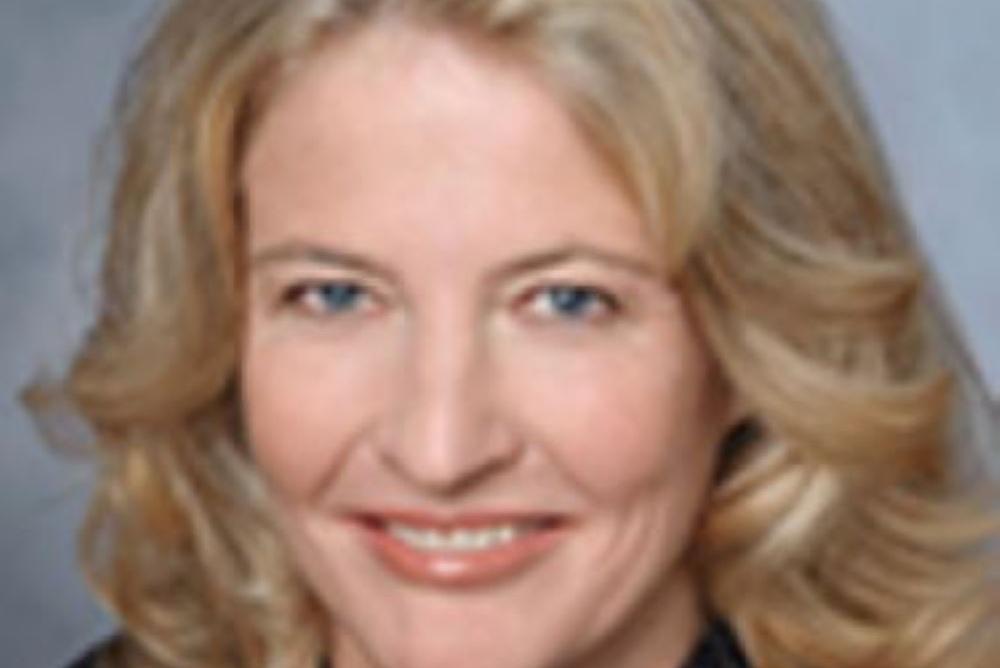W&M Featured Events
[PAST EVENT] Physics Colloquium - Dr. Katie Freese
Access & Features
- Open to the public

Dr. Katie Freese, University of Texas. Title of Talk: Dark Matter in the Universe
Abstract:
The nature of the dark matter in the Universe is among the longest and most important outstanding problems in all of modern physics. The ordinary atoms that make up the known universe, from our bodies and the air we breathe to the planets and stars, constitute only 5% of all matter and energy in the cosmos. The remaining 95% is made up of a recipe of 25% dark matter and 70% dark energy, both nonluminous components whose nature remains a mystery. I’ll begin by discussing the evidence that dark matter is the bulk of the mass in the Universe, and then turn to the hunt to understand its nature. Leading candidates are fundamental particles including Weakly Interacting Massive Particles (WIMPs), axions, sterile neutrinos, light dark matter, as well as primordial black holes. I will discuss multiple experimental searches: at CERN in Geneva; in underground laboratories; with space telescopes; with gravitational wave detectors; and with ancient rocks. I’ll tell you about our novel idea of Dark Stars, early stars powered by dark matter heating, and the possibility that the James Webb Space Telescope has already discovered them. At the end of the talk, I'll turn to dark energy and its effect on the future of the Universe.
Freese received her BA in Physics from Princeton Univ, MA in Physics from Columbia Univ, and PhD in Physics from Univ of Chicago. She was a postdoc at Harvard/Smithsonian Center for Astrophysics, Presidential Fellow at UC Berkeley, postdoc at ITP Santa Barbara, Asst Prof at MIT, George E. Uhlenbeck Prof at Univ of MI, and now Jeff & Gail Kodosky Endowed Chair at UT, Austin. From 2014-2016 she was Director of the Nordic Institute for Theoretical Physics (NORDITA). Freese works in theoretical cosmology. She has been working to identify the dark matter and dark energy that permeate the universe as well as to build a successful model for the early universe immediately after the Big Bang. She has been very active in outreach, including on TV, radio and public lectures. Her book, The Cosmic Cocktail: Three Parts Dark Matter, was published by Princeton University Press. In 2012 she was awarded an Honorary Doctorate (Honoris Causa) at the University of Stockholm as well as a Simons Foundation Fellowship in Theoretical Physics. In 2017 she gave the Kavli Prize Lecture to kickoff the American Astronomical Society Meeting; in 2019 she won the Lilienfeld Prize from the American Physical Society. In 2020, she was elected to the National Academy of Sciences.
Open to the public.
Sponsored by: Physics
